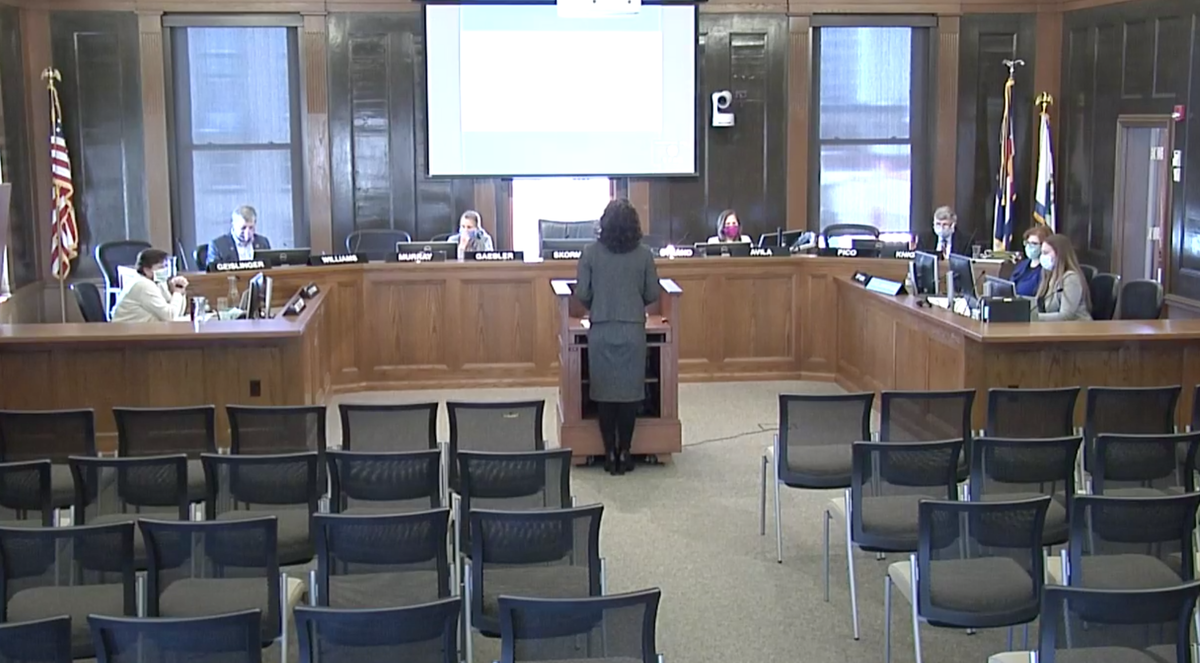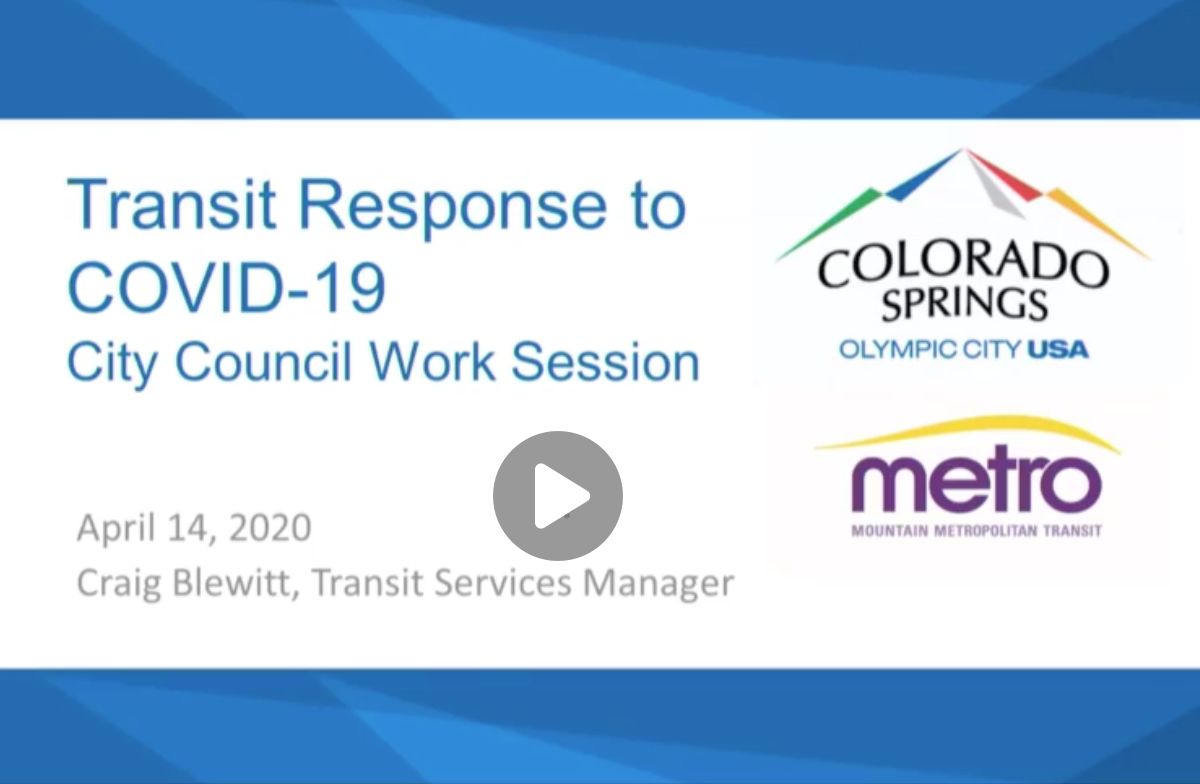Colorado Springs updates city response to COVID-19 pandemic, financial impacts
COLORADO SPRINGS, Colo. (KRDO) -- The Colorado Springs City Council received an update from staff members Tuesday on the response to -- and the financial impact of -- the coronavirus crisis.

According to Charae McDaniel, the city's chief financial officer, the city is receiving approximately $65 million in virus-related funding. This comes from five federal agencies and two state or local agencies, with more funds pending from four other federal agencies.
McDaniel said much of the funding can be used for operating expenses. Those include salaries for some workers, personal protective equipment and cleaning supplies. But generally, it can be allotted to anything that helps the city prevent or prepare for virus impacts.
Some of the funding, she said, also helps the homeless -- including the formation of a homeless isolation shelter for sick patients at the City Auditorium downtown.
On Tuesday, the Federal Aviation Administration announced that the Colorado Springs Airport will receive $24.3 million, an amount that McDaniel said can be used for operational expenses and to offset lost revenue.
The city's second-largest allocation is $21.5 million from the Federal Transit Administration. That's to help the city offset a drop in bus ridership, the elimination of bus fares and to make riding safer for passengers and drivers.

McDaniel said the city so far has spent $1.2 million in payroll expenses, operating expenses and contracts related to the virus.
There is a growing concern among municipal governments about the pandemic's impact causing budget deficits for the coming year. Congress is discussing the possibility of financial aid for local governments.
"I think each side has particular elements that they would like to see included," McDaniel said. "Our hope is that they will be able to combine that bill and get it moved forward. At this time, we don't know exactly what that's going to look like or when it's going to be. We're hoping sometime this week."
The council also heard an update on the local Survive and Thrive plan. That plan is to help local small businesses cope with the virus impacts by offering them low-interest loans.

"We've had more than 600 applicants so far," said Bob Cope, the city's economic development director. "Last week, we approved 25 loans for a total of $500,000. Next week, they'll probably approve another 50 for around $1 million. It'll help those businesses survive and reopen once the recovery begins."
Cope said around $500,000 in loan money remains from the initial donation of $2 million, and officials still hope to raise another $3 million.
Councilman Wayne Williams asked about the difficulty some business owners may have in repaying the loans when "some businesses are struggling to get by" already. The Survive and Thrive plan requires businesses to repay their loans within three years.
"The goal was a grant fund that didn't have to be repaid," Cope said. "But it's hard to raise money for that. A fund with favorable loan terms was the best we could do. El Paso County will start a grant program later this month, and two more are coming to help downtown businesses. These are all in addition to the federal and state programs already in place."
Cope said that one popular federal program -- the Payroll Protection Program -- will likely run out of money this week. But, he hopes Congress will allocate more funding to it.
Officials are considering whether to expand curbside service to other businesses besides restaurants. Two council members called for better communication between health authorities and the business community regarding which businesses should be considered essential and critical.
Daily bus ridership is down from around 10,000 or 11,000 riders to 5,000. Still, some routes have 10 or more riders per bus, which officials believe is too high to adequately protect health.
Officials are considering installing plastic curtains to separate drivers from passengers, and also were skeptical of a suggestion from Councilwoman Yolanda Avila to provide free masks to riders.
"We'd need a mask for every passenger every day," said Craig Blewitt, transit services manager. "That's 5,000 masks. We don't have enough right now for our employees."
Avila said federal transit funding should be able to pay for masks, and she also opposed the possibility of reinstating fares to thin out some of the more crowded routes.
"Especially with the predicament that people are in, in terms of being unemployed and really needing to get places," she said.
